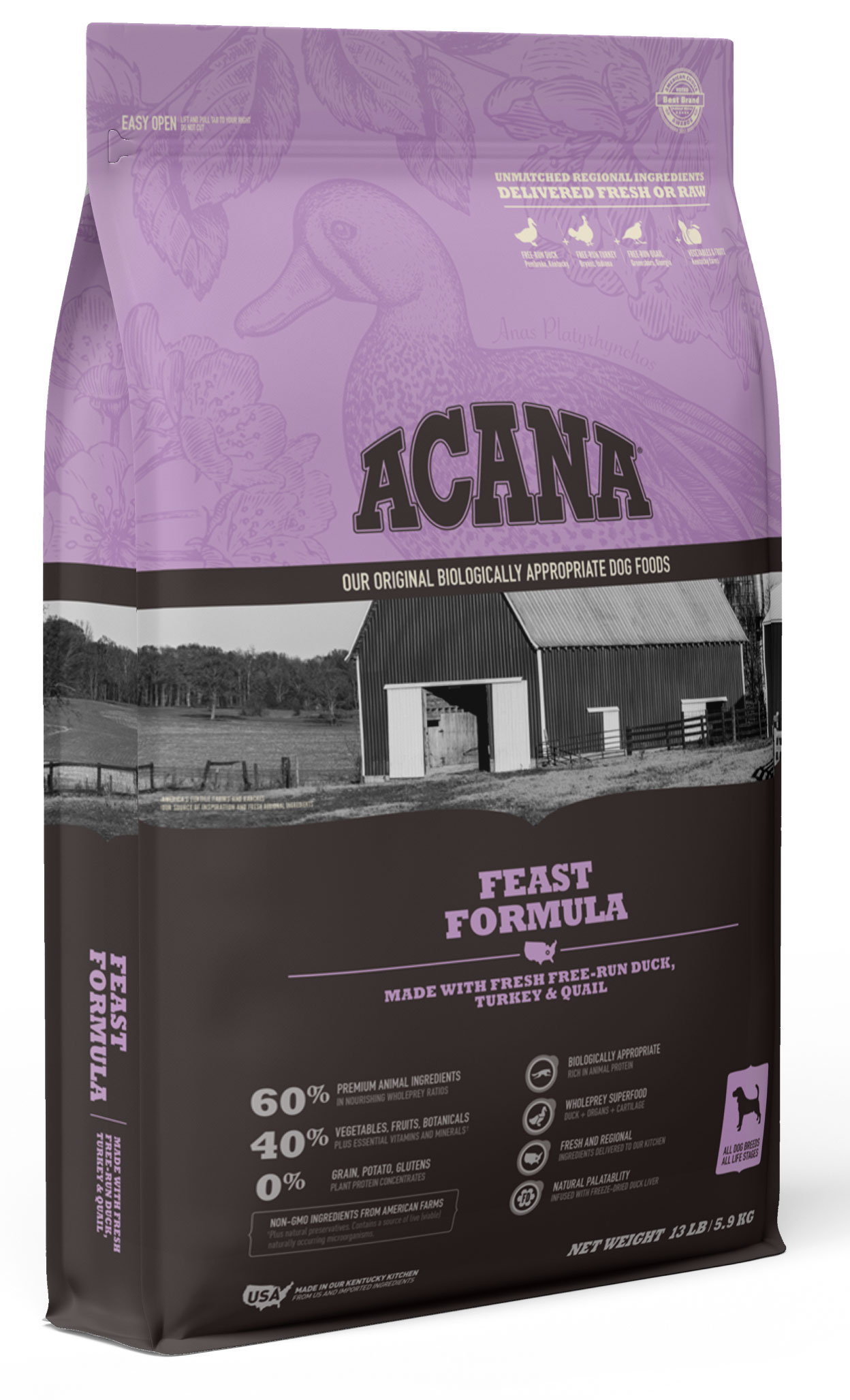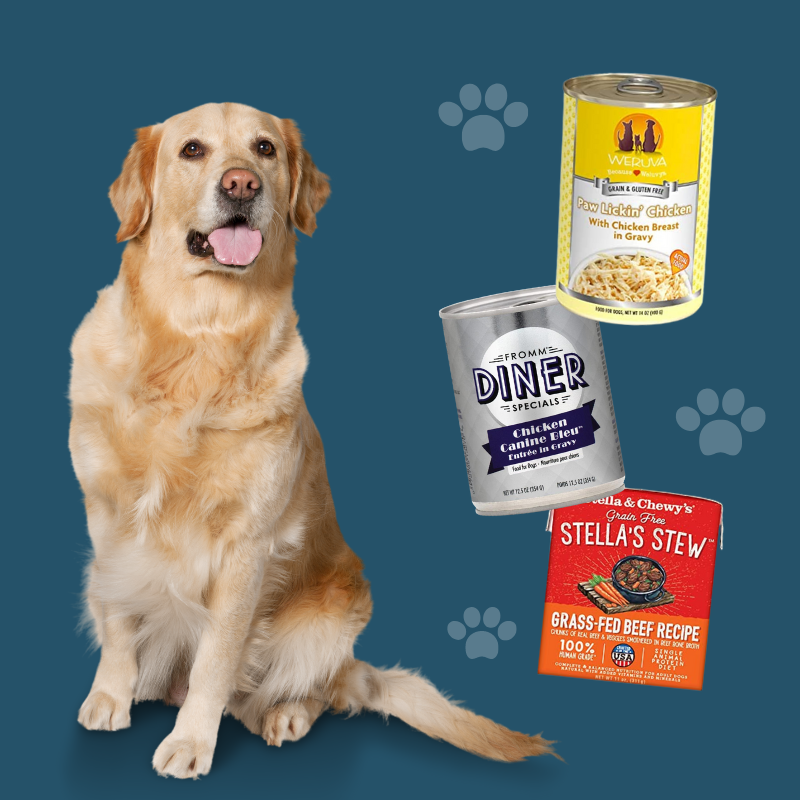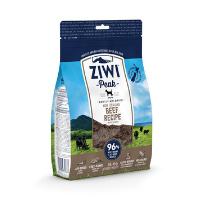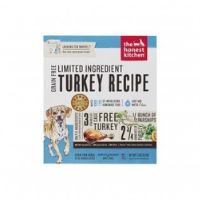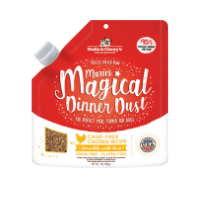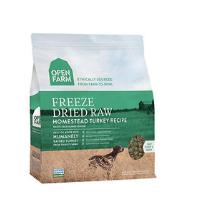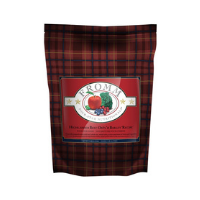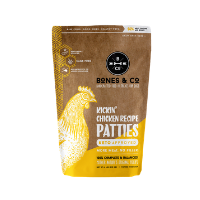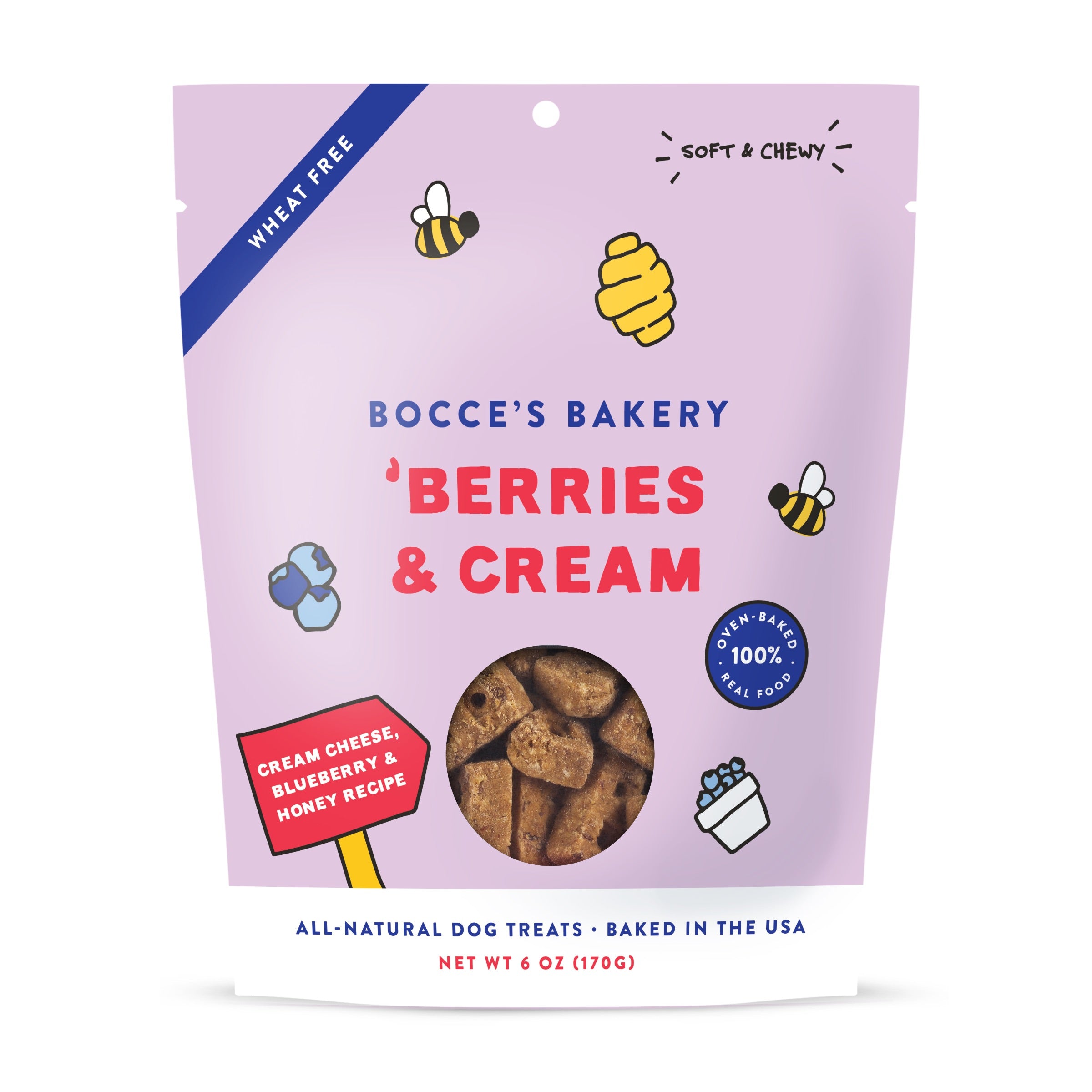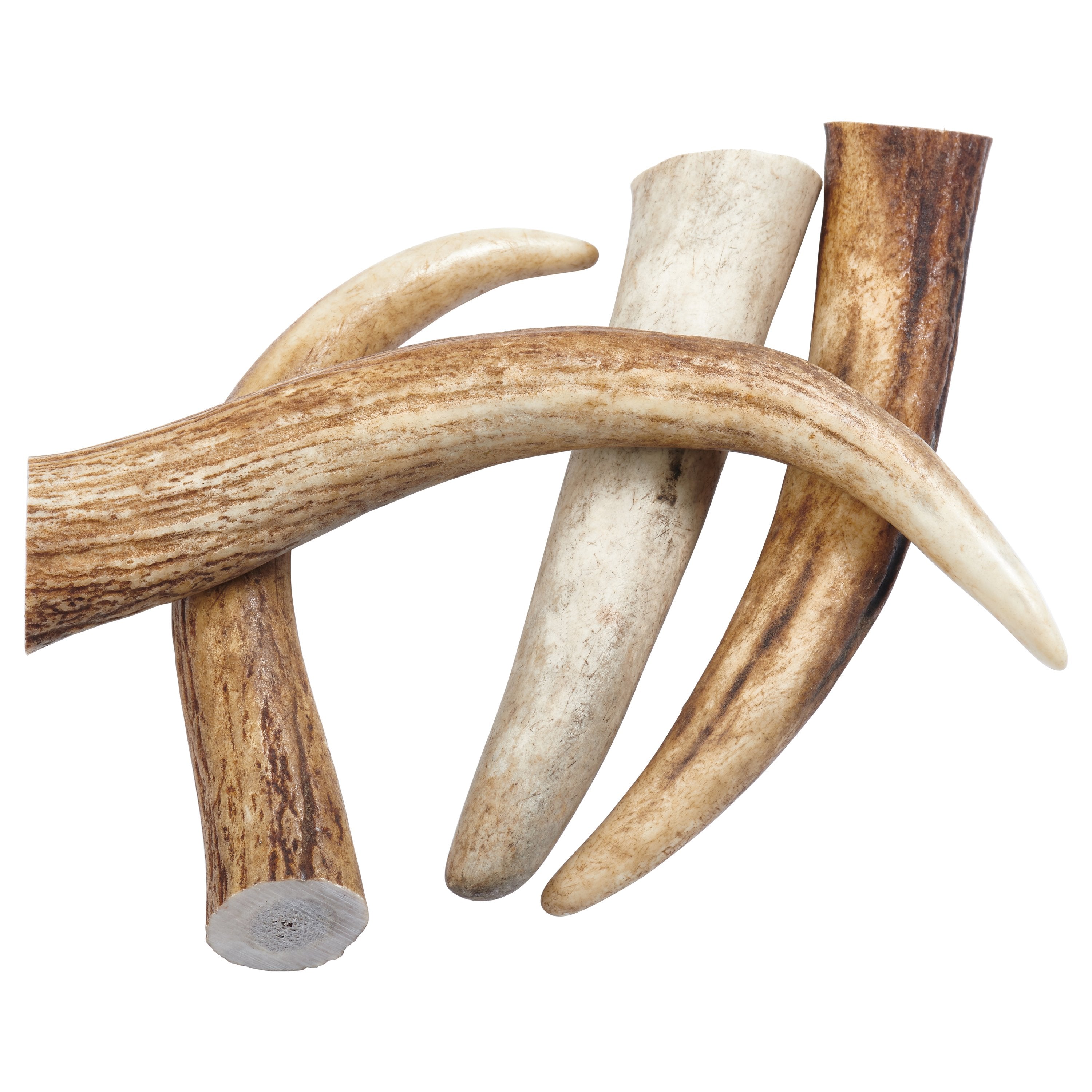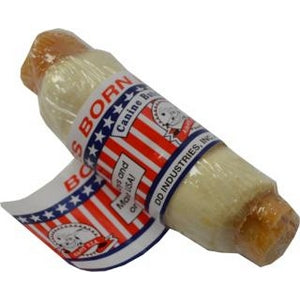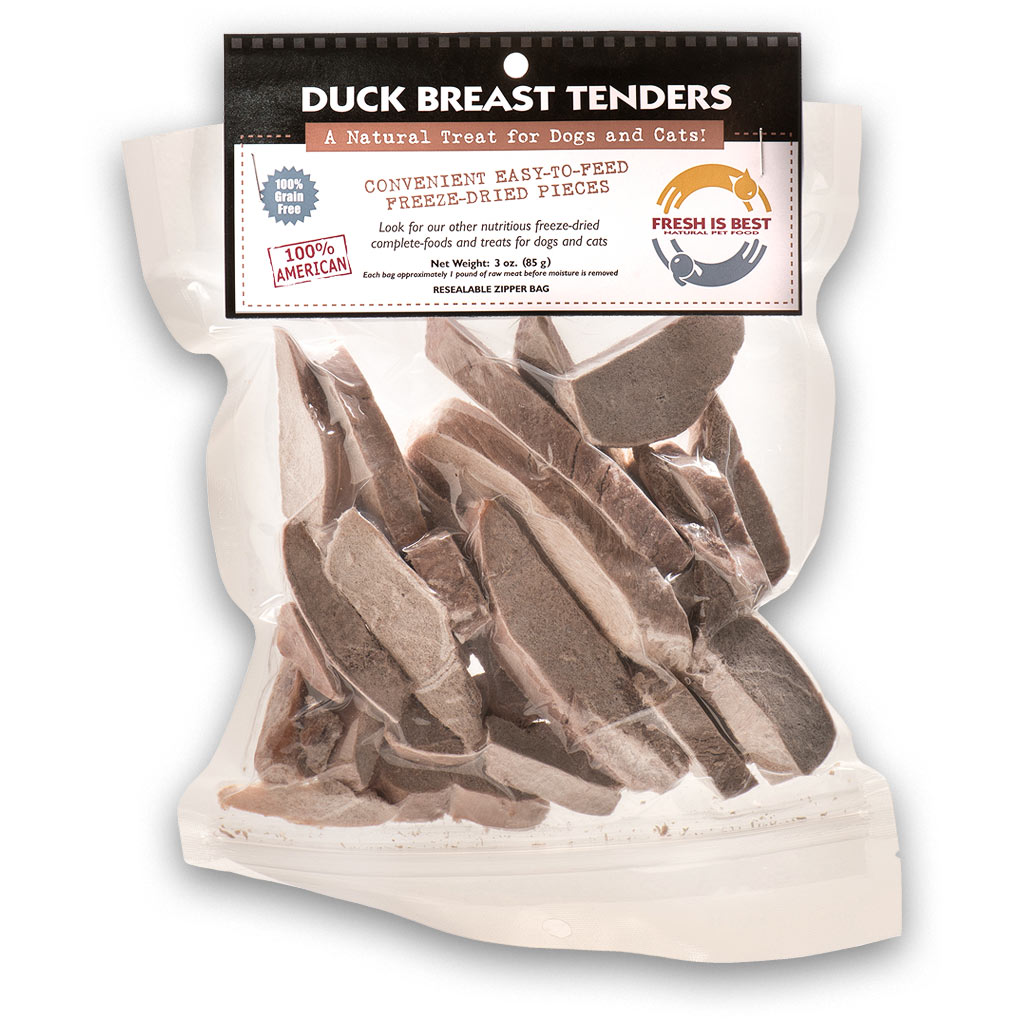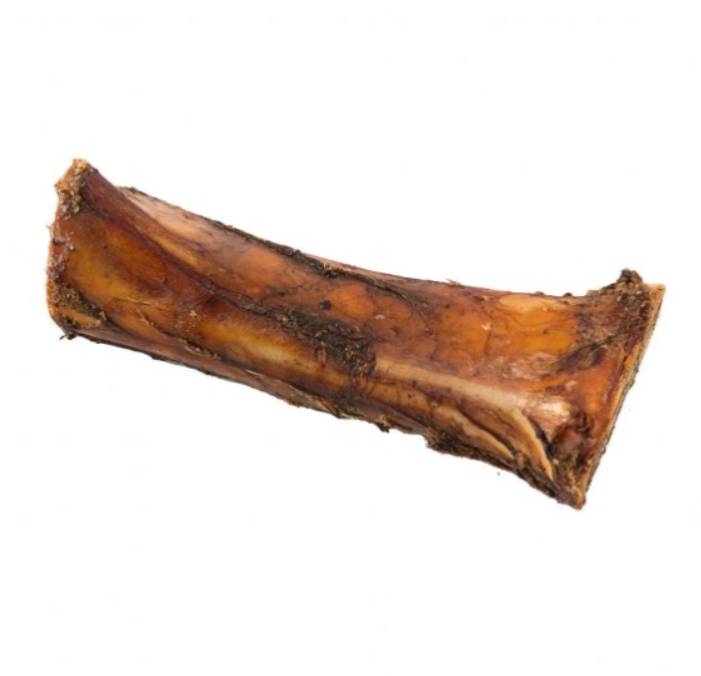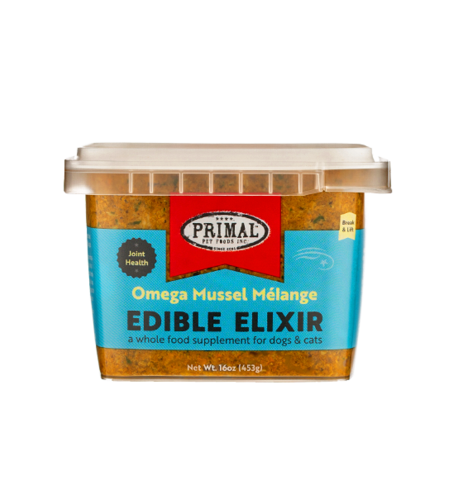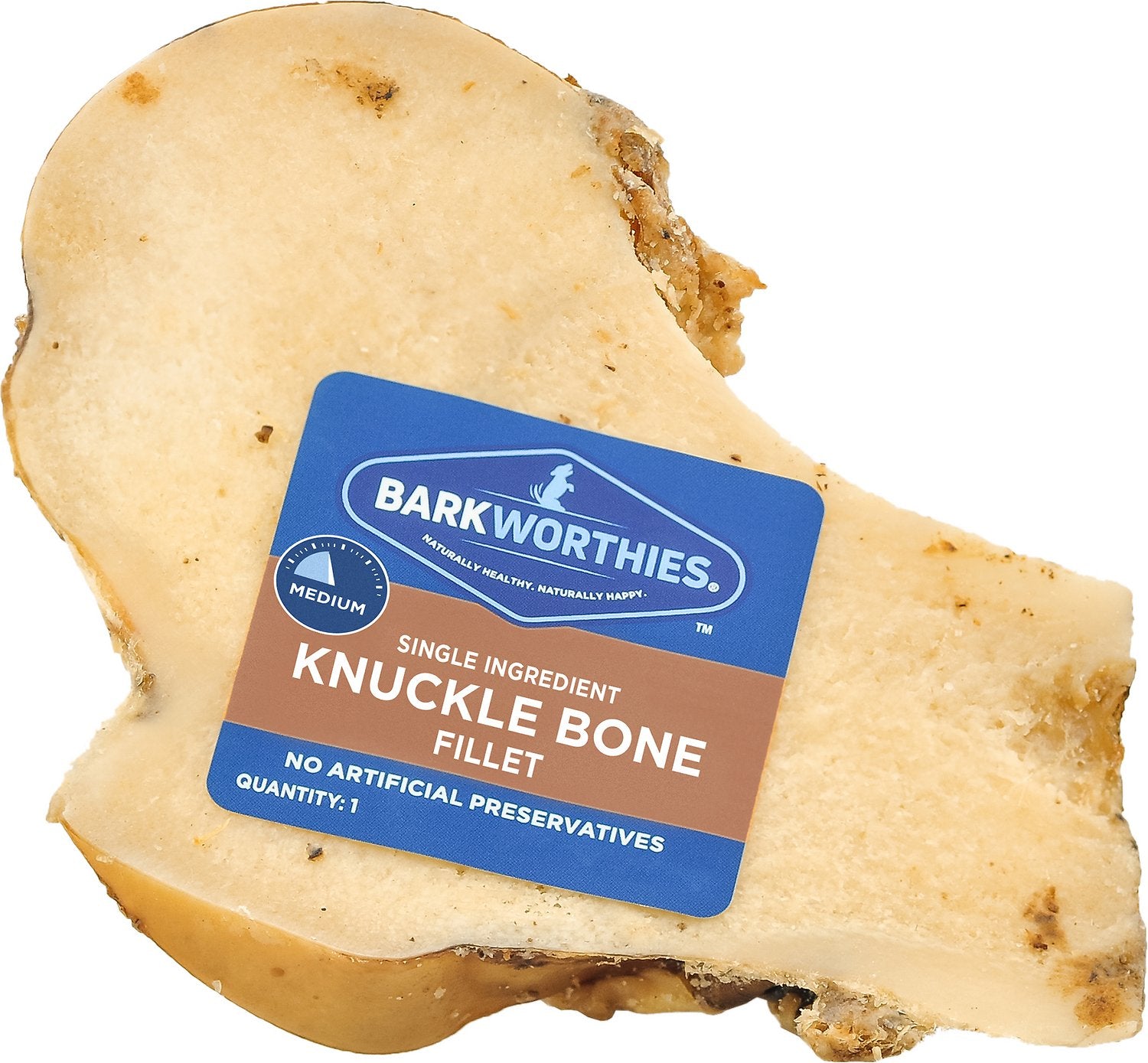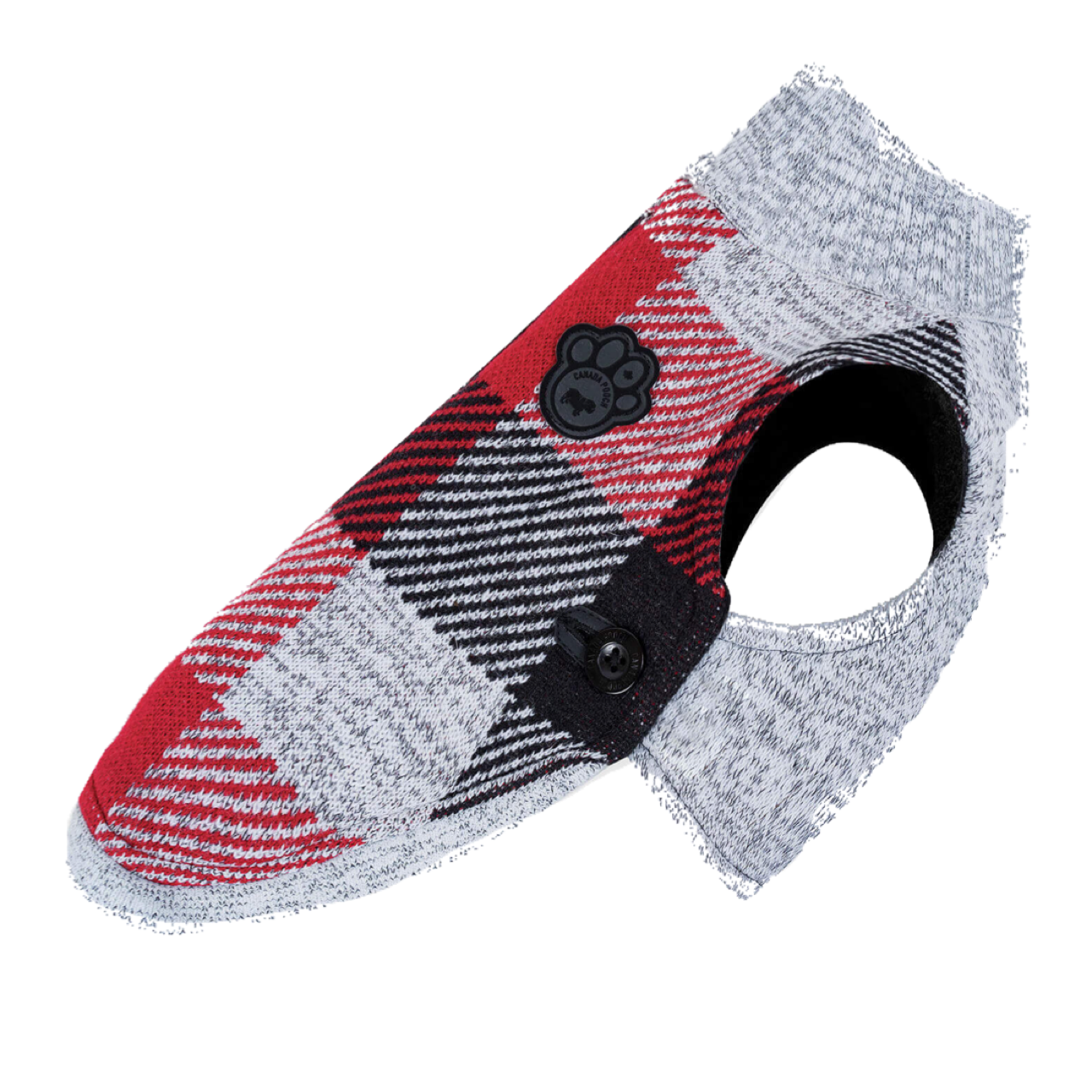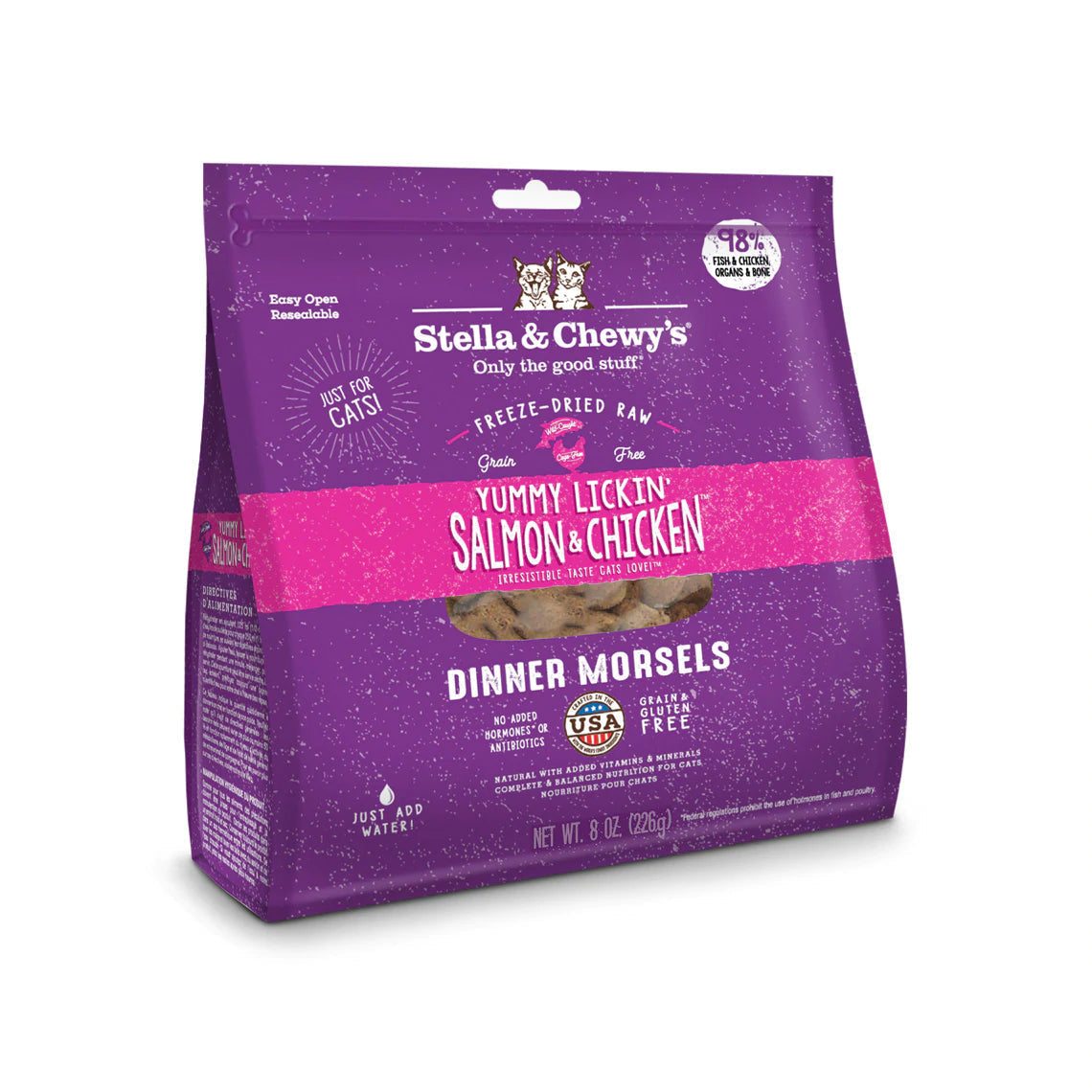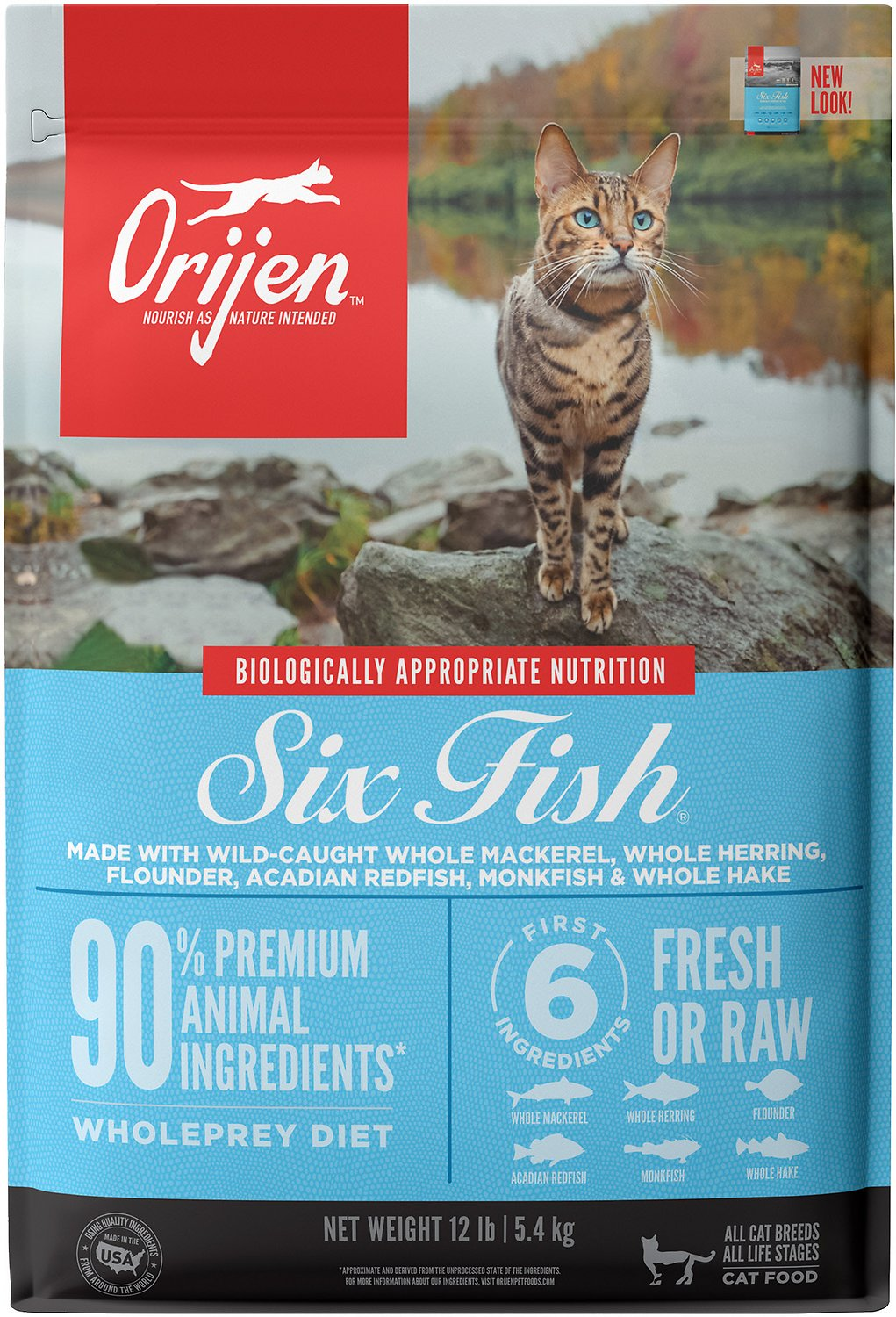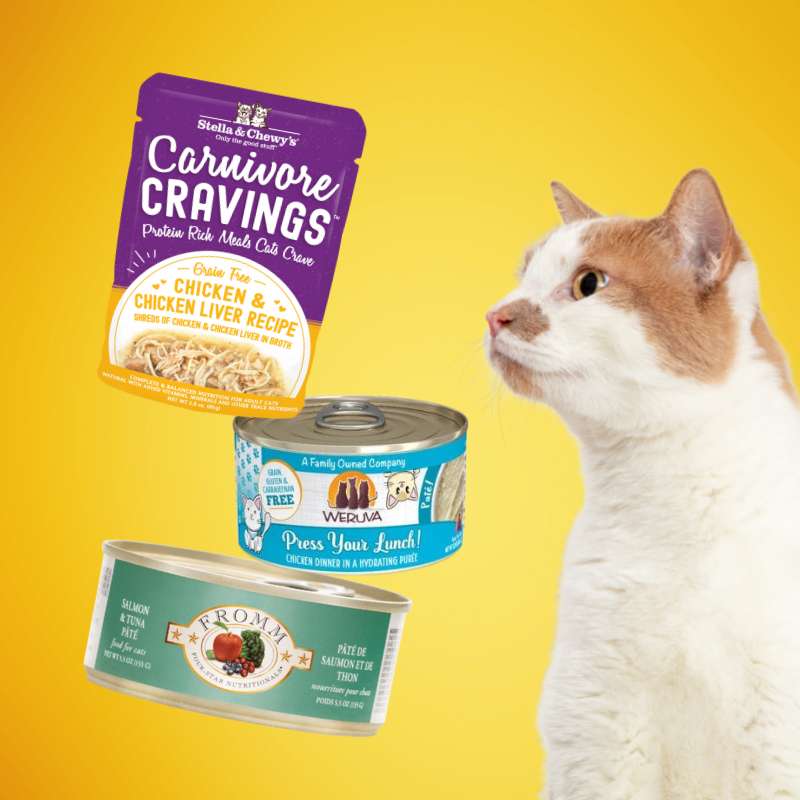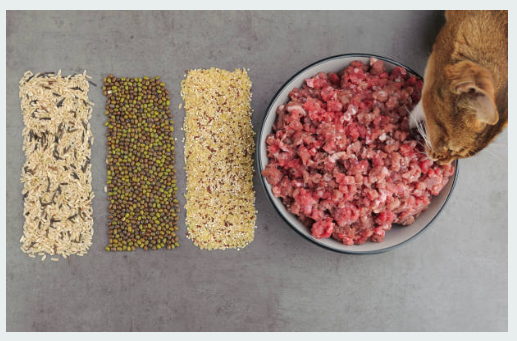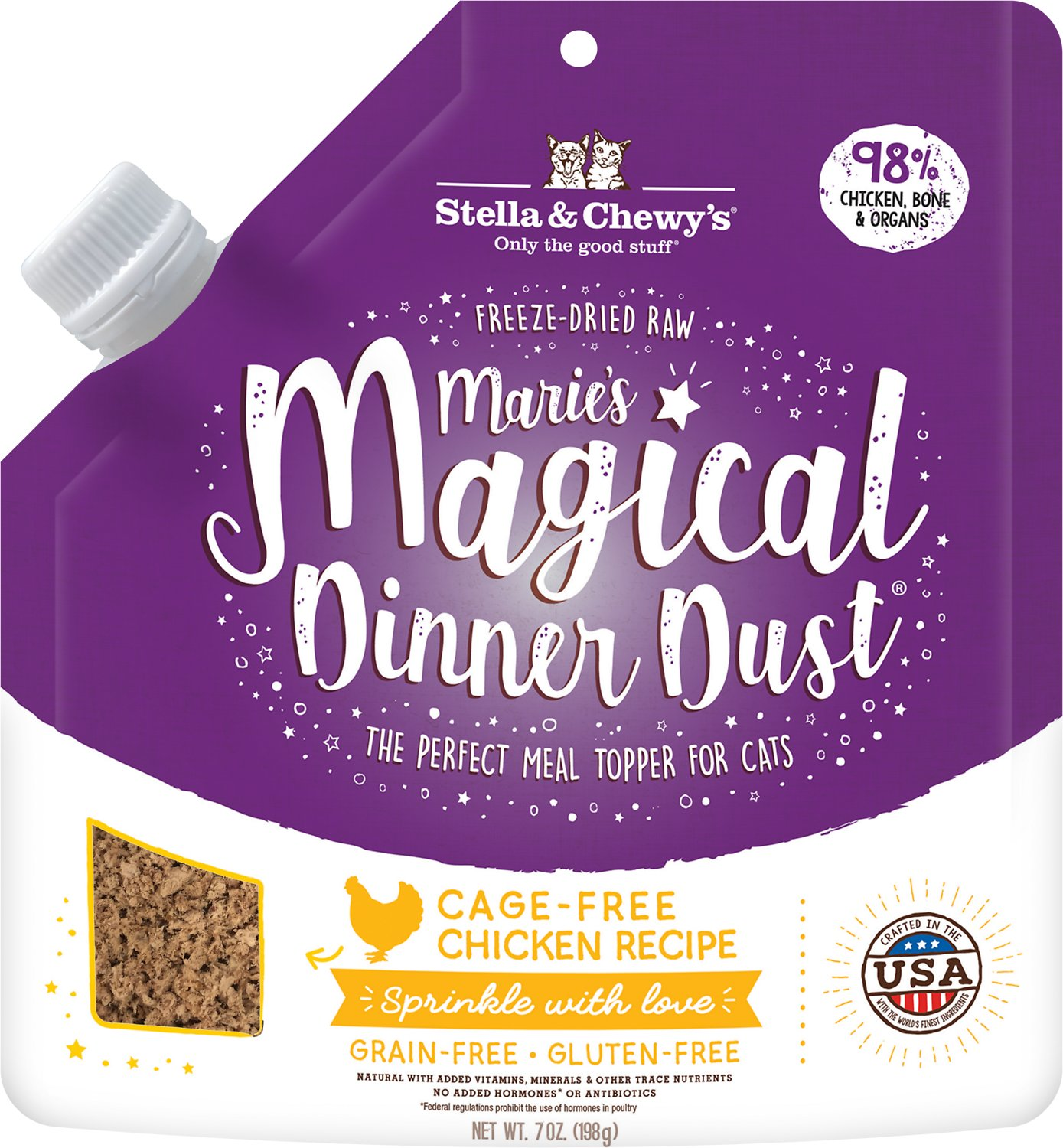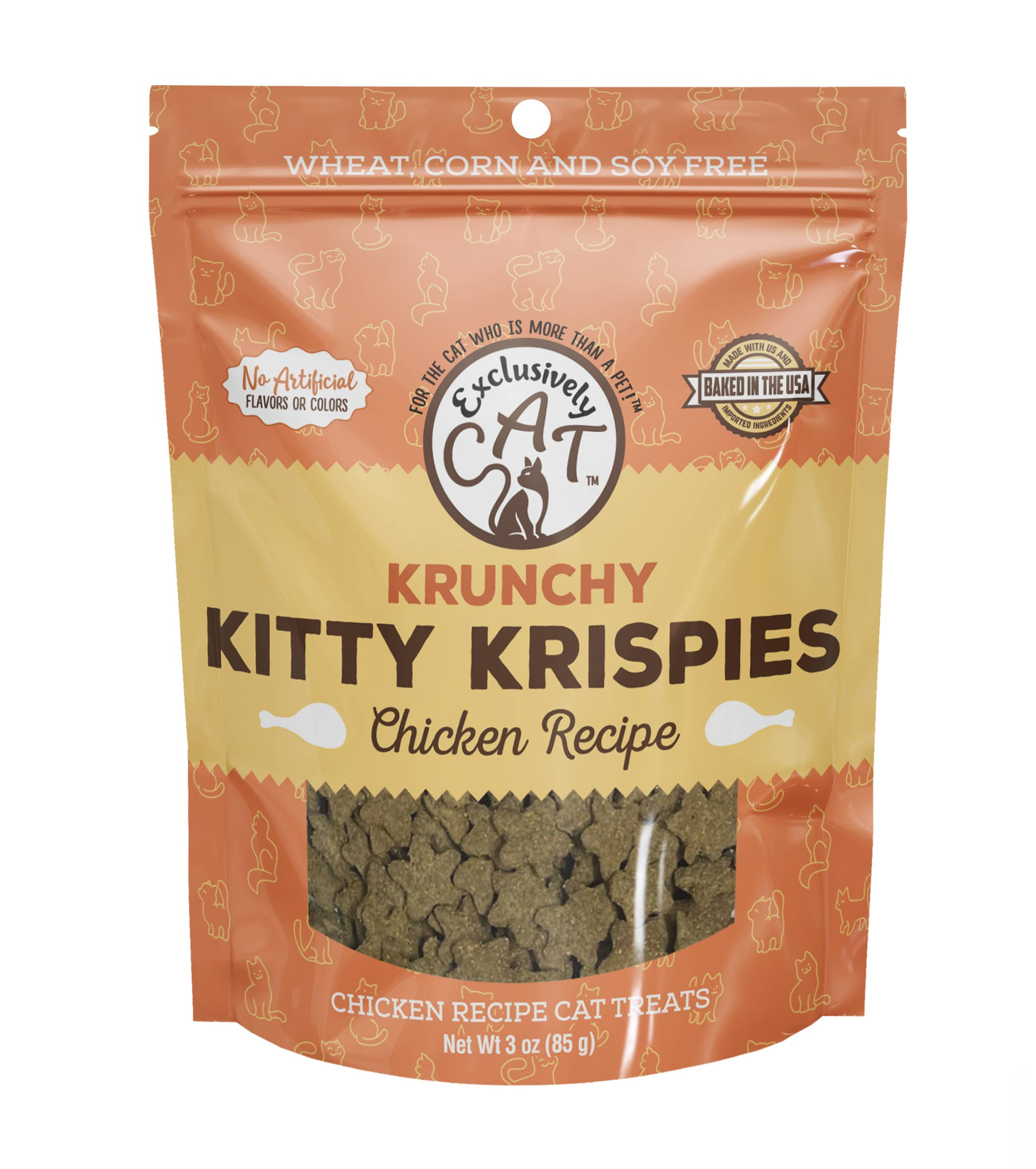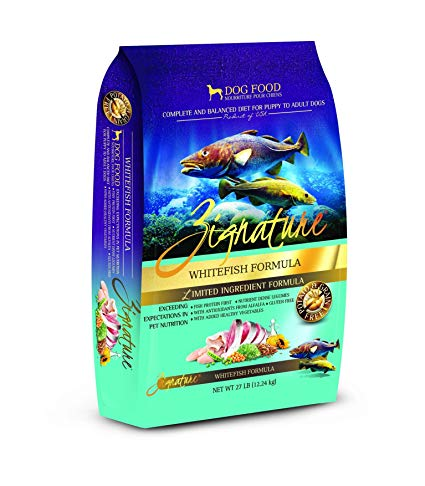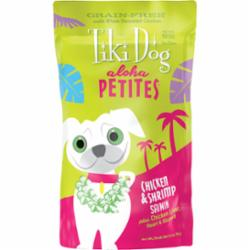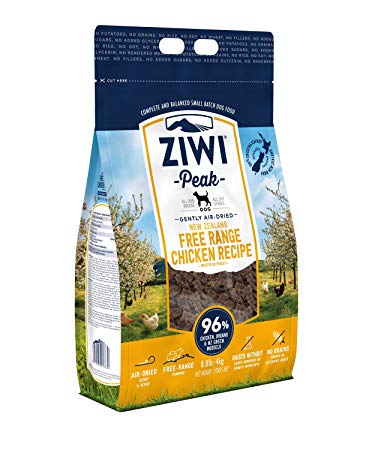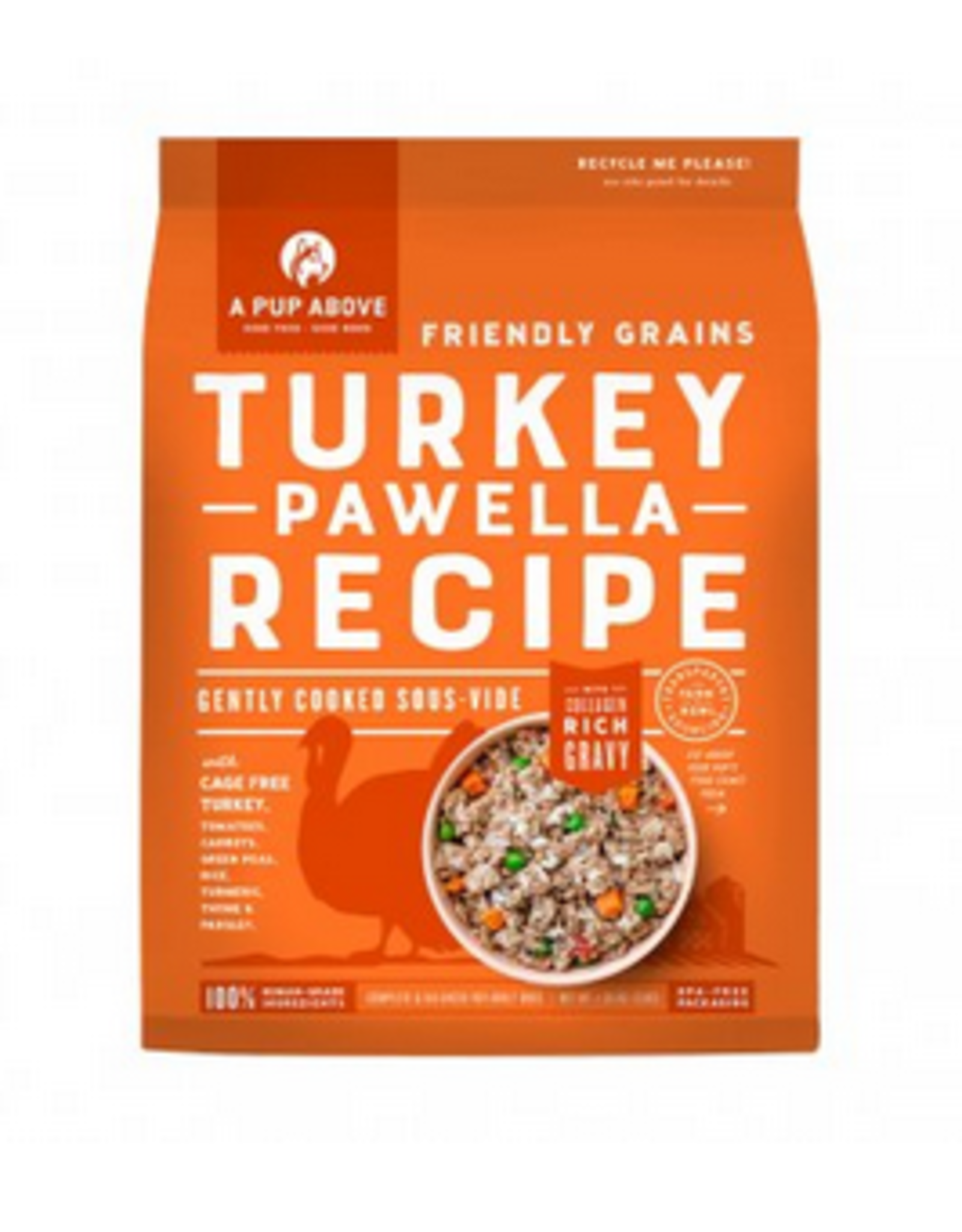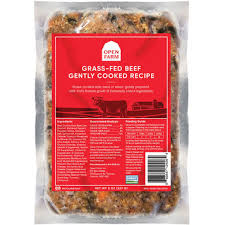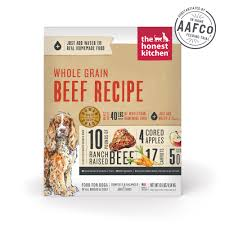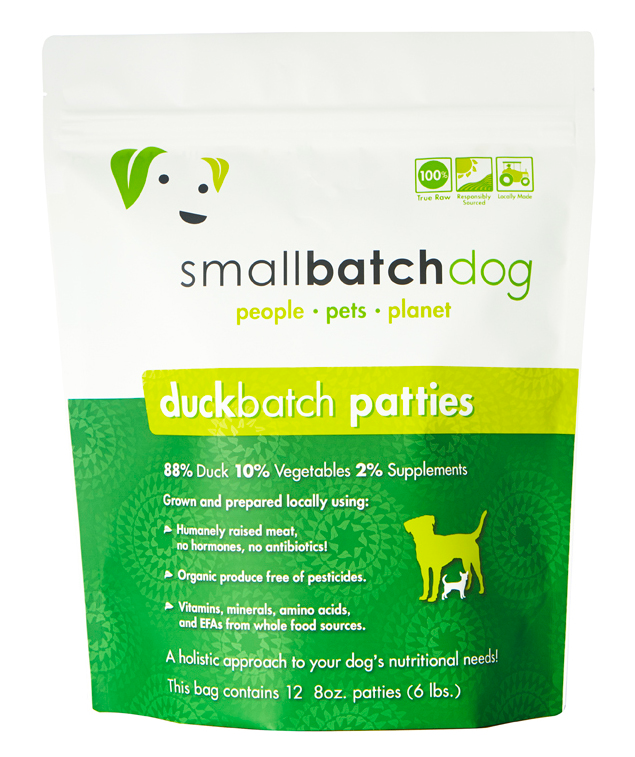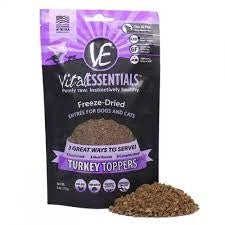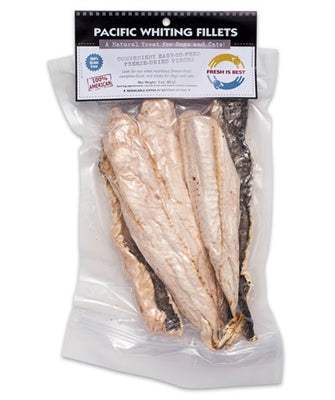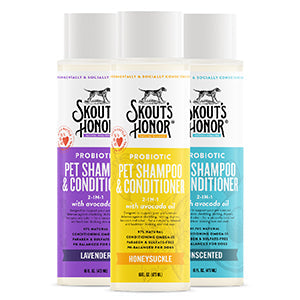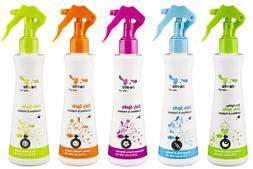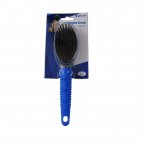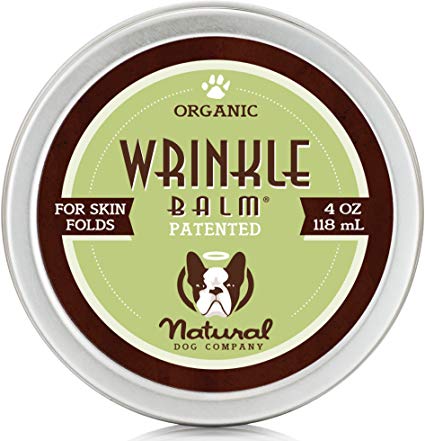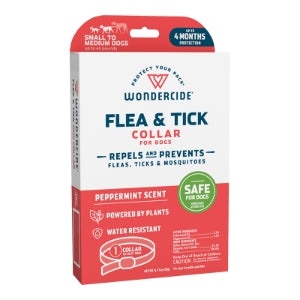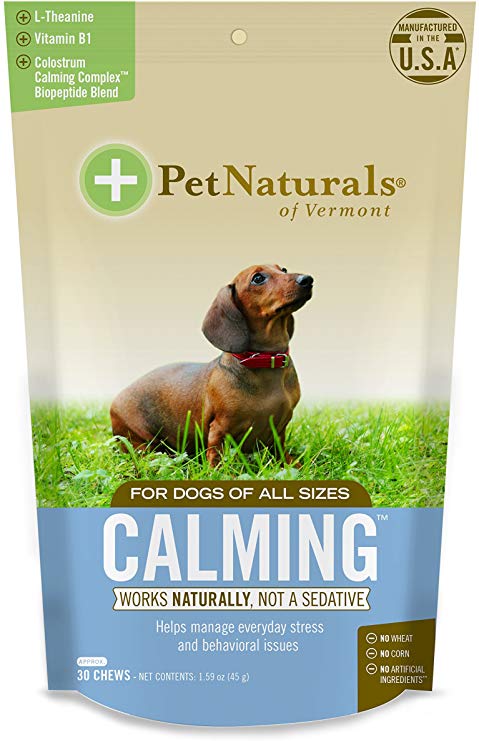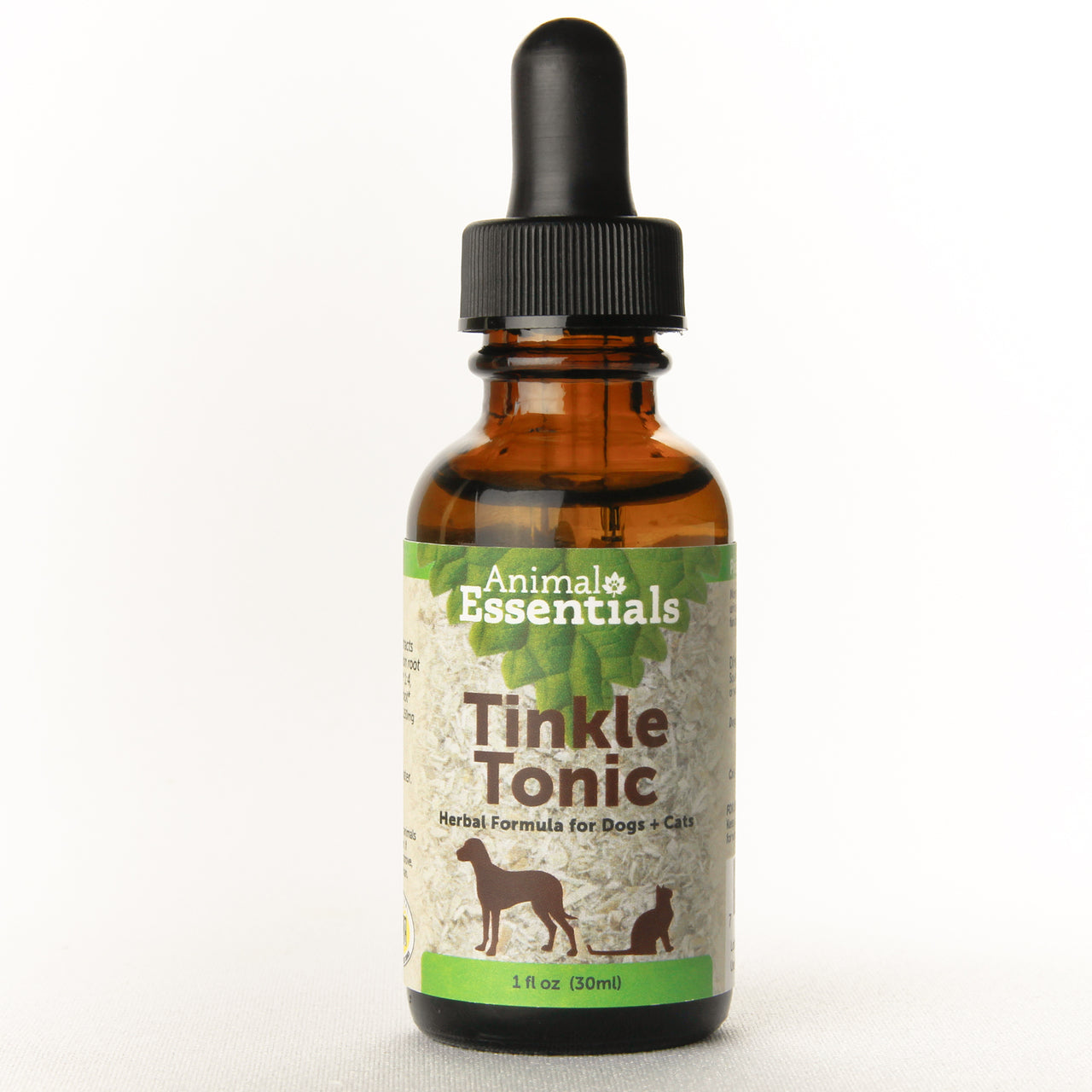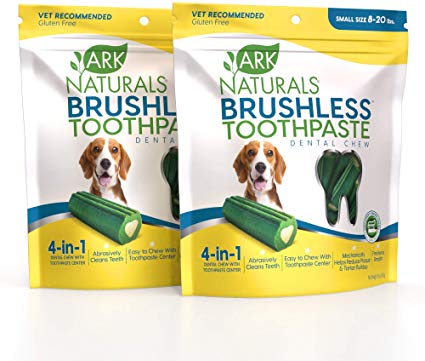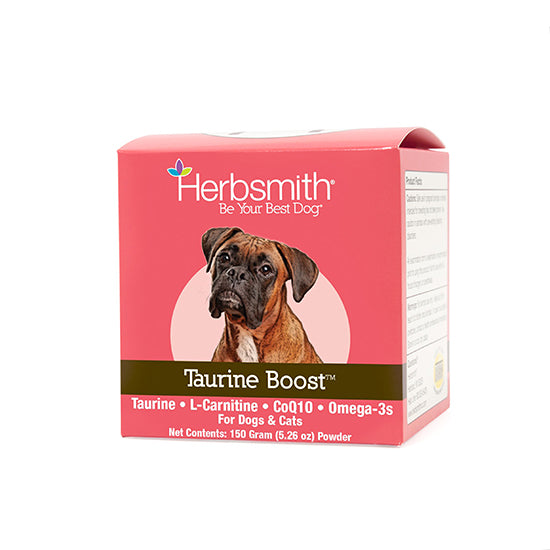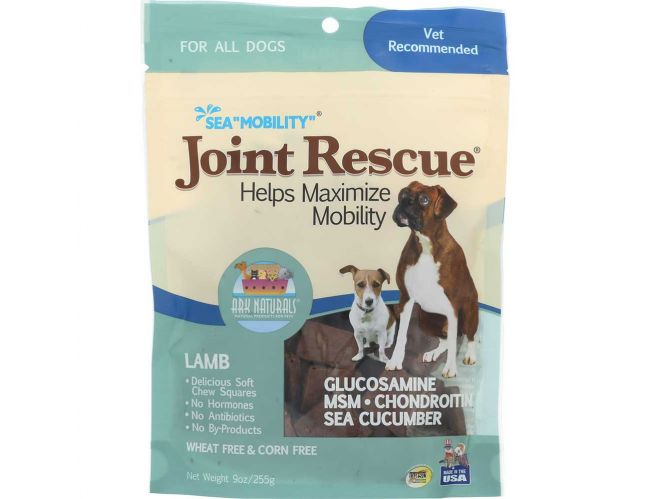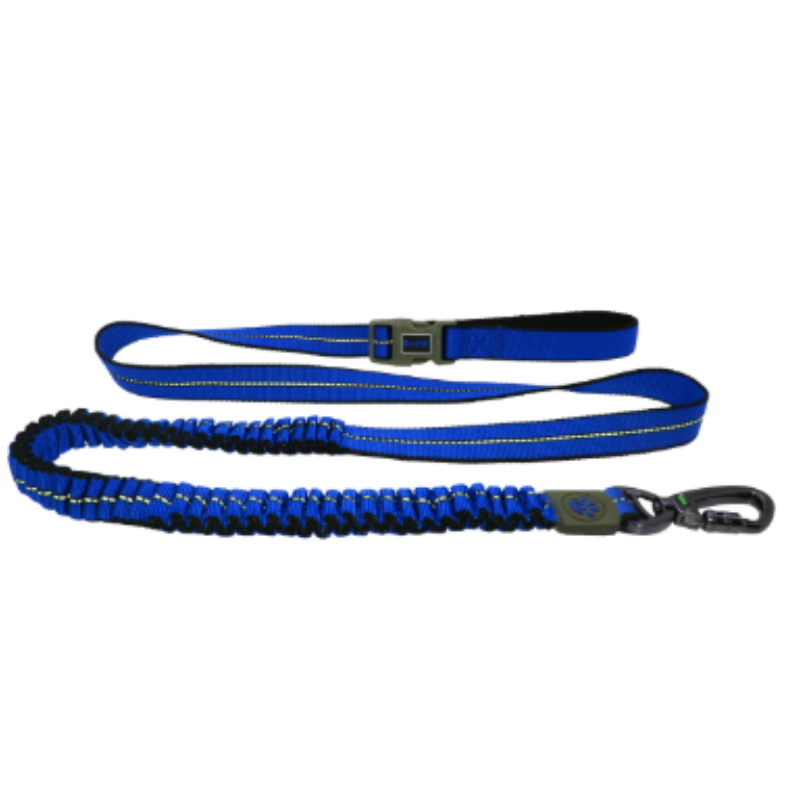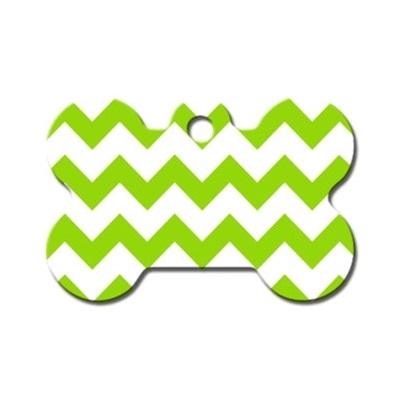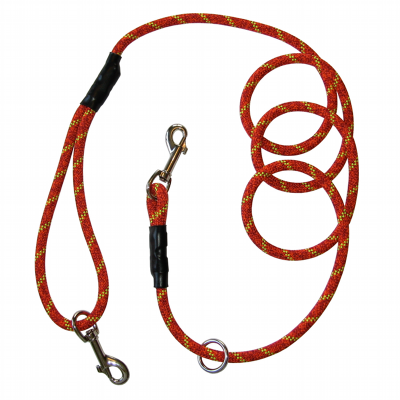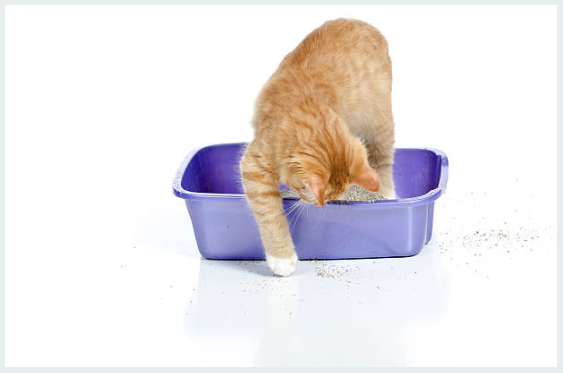Your dog is an energy burning engine that runs hot and has a defective cooling system. Dogs can’t sweat it out like us, they cool down through respiration and sweat through their paws and sometimes that is not enough to get them cool. A dog's normal temperature is 101-102 degrees Fahrenheit, and is considered at risk of heat stroke at 104-105 degrees.

Help your dog beat the heat:
-
Hydration is key! Having cool water available at home and on your walks is the first step in preventing heat stroke. A pet fountain such as this one from Drinkwell, is a great way to stay hydrated at home as running water encourages pets to drink. While on a walk carry a portable water bottle and bowl to always have water available. To encourage drinking try putting some Primal bone broth in your pets water or freezing bone broth ice cubes and adding the cubes to your pets water bowl.
-
Frozen Treats - Nothing beats ice cream on a hot day. Pet safe ice cream and frozen yogurts are a great way to cool off your pup. Frozen bones are also a great option for the mighty chewers in your household.
-
Hit the beach… or pool. Allow for some evaporative cooling with some water play. Just remember to pack some floating toys like N-gage dog toys.
-
Cooling mats and bandannas are great tools to bring down your pet's body temperature and get them comfortable after a walk or while sitting outside on a hot day. Try the revolutionary self-cooling cushion from Green Pet Shop.
-
Stay indoors - If it’s too hot for you, it’s too hot for your dog. Short walks and lots of shade on days of high heat and humidity.

Watch for signs of heat stress:
-
Intense, rapid panting
-
Wide eyes
-
Excessive salivation
-
Staggering and weakness
-
collapse
Check out our Coolin' Products:




